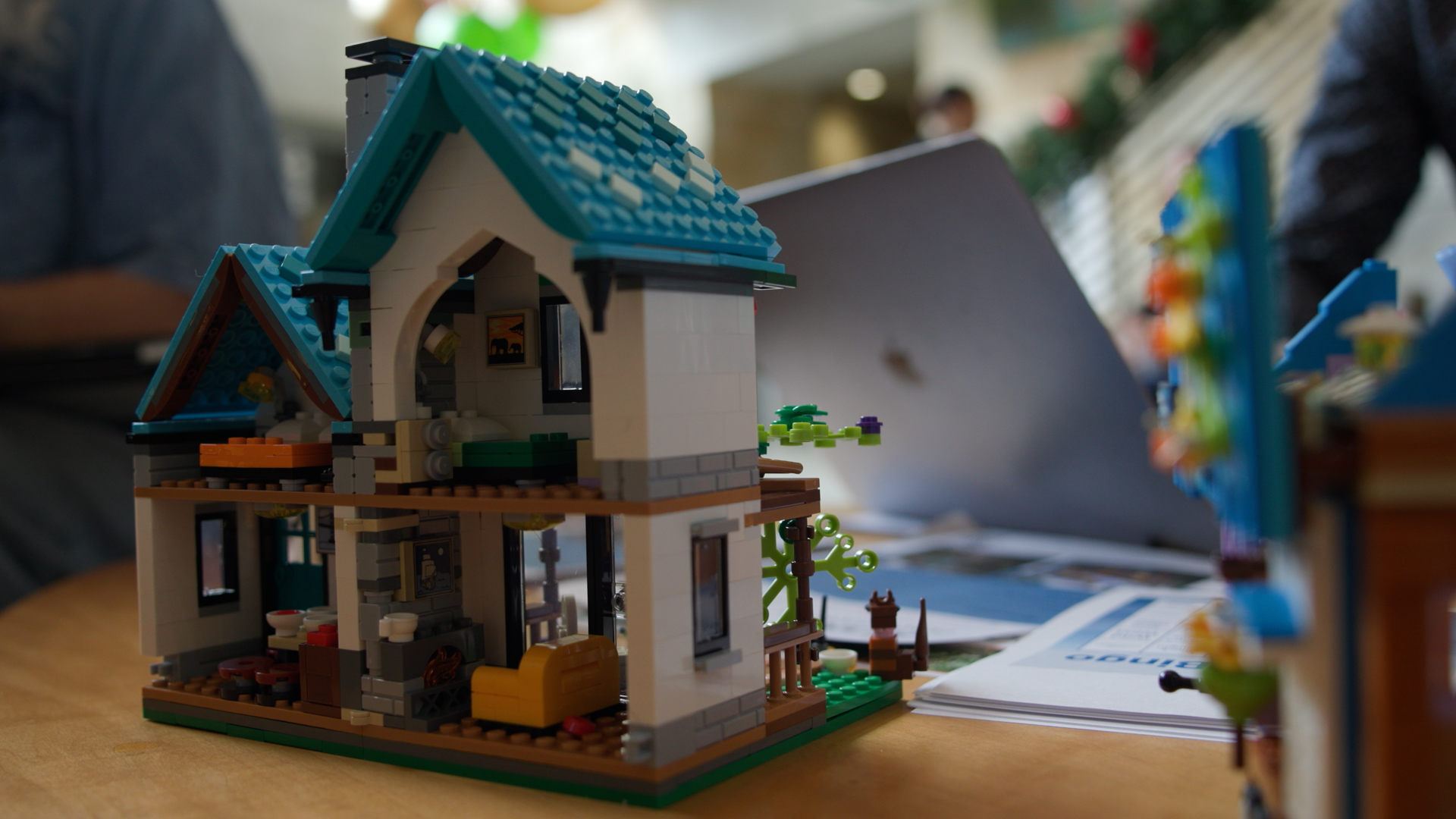
Want to buy a mid-priced home in Austin, Dallas or Houston? You'll need to earn over $100,000.
This article was originally published by KUT. to see the original post click here.
If you don’t make more than $100,000 per year, you can’t afford to buy a median-priced home in three of Texas’ largest metro areas: Dallas-Fort Worth, greater Houston and the Austin area.
That’s one of several findings from a new Harvard University study of the nation’s housing situation that shows huge swaths of the population — renters and homeowners alike —pay more for housing than they can afford.
According to the State of the Nation's Housing report from Harvard’s Joint Center for Housing Studies, more than 1 in 3 Texas households pay more than they can afford for housing. A quarter of homeowners and fully half of renters are considered cost burdened.
Many pay more than half of their monthly earnings for housing: 1 in 10 Texas homeowner households and 1 in 4 Texas renter households.
“I think the big picture question with housing is, is over affordability. The lack of affordability specifically, is a big challenge for renters, for homeowners, for prospective owners,” said Daniel McCue, a senior researcher at Harvard.
Would-be homeowners face a market in Texas where home values have risen far faster than incomes.
In Dallas-Fort Worth, for example, the median home price was three times the median income in 2013. A decade later, the median home price was nearly five times the median income in the region.
This is part of a national trend, but the gap between earnings and home prices has grown faster than the national average in 15 of Texas’ 25 largest urban areas over the past decade.
The Sherman-Denison area has seen the sharpest affordability decline, and Bryan-College Station now has the largest gap between earnings and home prices. It now takes more than five times the median income to pay for the median-priced home.
With mortgage rates far higher than they’ve been in recent years, buying a home is simply impossible for a growing share of people. They’re also paying more in rent, which makes it harder to save for a down payment.
“Really the rug got pulled out of a lot of potential homeowners because interest rates just shot up and that affects how much your monthly payments will be on a home, and it really knocked so many people out of the game for homeownership,” McCue said.
McCue said many homeowners who bought before home prices surged during the pandemic and have the benefit of low interest rates on their home loan are struggling, especially those on a fixed income or who were barely able to afford the home they bought.
“For those people on the margins, those other costs rising like the insurance payments and the property taxes that go up when your house value goes up, those things make a difference and they can be a pretty sizable payment,” McCue said.
But it’s renters that face the greatest squeeze. Texas is experiencing a more profound version of a larger national trend: Low-cost rentals have been disappearing, and that’s put pressure on low- and, increasingly, middle-income renters.
“We saw a drop of 6 million units renting for $1,000 or less [nationwide], and that’s the rent you’d need to find in order to not be rent burdened and paying more than 30% of your income on rent,” McCue said.
Shrinking affordability is only likely to compound the nation’s inequities, McCue said. The nation has long had a huge gap in wealth, incomes and homeownership rates between Black and white families due to a long history of policies and practices that, intentionally or not, drove racial disparities.
Homeownership has been a vehicle for creating and passing down generational wealth, he said. With homeownership relegated to a smaller, more privileged share of the population, inequality is likely to compound.
There are some positive trends observed in the report, McCue said, including an increased focus on addressing affordability among policymakers. He points to efforts to shift policies so it’s less expensive or challenging to build new and more affordable houses and apartments, and fund programs that help lower- or median-income people afford their rent or become homeowners.
“Housing affordability is increasingly a priority issue, getting more attention at the state, local and federal levels,” he said. “Momentum is building to address these problems.”
Community journalism doesn’t happen without community support.
Got story ideas, advice on how we can improve our reporting or just want to know more about what we do? Reach out to us at news@klru.org.
And if you value this type of reporting, then please consider making a donation to Austin PBS. Your gift makes the quality journalism done by the Decibel team possible. Thank you for your contribution.
More in Politics:
See all Politics posts





Contact Us
Email us at news@klru.org